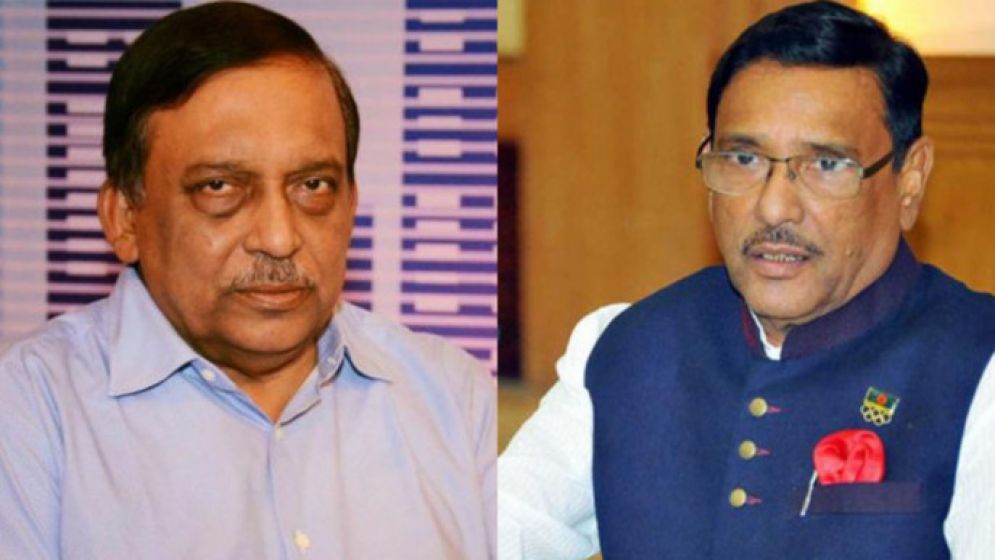A number of US lawmakers urge sanctions on officials from erstwhile Awami League government over rights abuses

Some US Congress members have called for sanctions against Bangladeshi officials under Sheikh Hasina, who recently resigned as prime minister and fled.
Meanwhile, the US government has officially welcomed the new caretaker administration in Bangladesh.
An interim government led by Nobel Peace Prize laureate Muhammad Yunus was inaugurated on Thursday with the goal of organizing elections in Bangladesh.
The country had been plagued by protests and violence following student demonstrations last month against job quotas that favored certain groups.
These protests escalated into a movement to remove Sheikh Hasina, who had secured a fourth consecutive term in January. That election, which the opposition boycotted, was deemed neither free nor fair by the US State Department.
Hasina's departure followed a brutal crackdown that resulted in the deaths of at least 300 people, many of them students.
US Senator Van Hollen, a Democratic member of the Senate Foreign Relations Committee, emphasized the need for accountability for those responsible for the violence.
"The Bangladeshi leaders who orchestrated this brutal crackdown must be held accountable, which is why we're calling upon the administration to sanction General Secretary Quader and Home Affairs Minister Khan, as we continue working to support a peaceful and democratic Bangladesh," he stated.
Van Hollen was referring to Asaduzzaman Khan Kamal, former Home Minister, and Obaidul Quader, the former General Secretary of Hasina's Awami League party.
A letter signed by Hollen and five other Democratic members of Congress has been sent to US Secretary of State Antony Blinken and Treasury Secretary Janet Yellen, requesting sanctions on these officials.
The State Department has yet to comment on any forthcoming sanctions.
In a separate statement, Blinken welcomed Dr. Muhammad Yunus’s appointment as leader of the interim government, expressing support for his call for calm and peace.
Human rights groups had accused Hasina of using excessive force against protesters, a claim she denied. Since Hasina’s departure, protests have expanded to demand the removal of more officials from her administration.
Following her exit, Hasina traveled to New Delhi, marking the end of her 15-year rule over the nation of 170 million people.
Hasina’s removal has led to both celebrations and violence, including attacks on her official residence, the destruction of her father's statues, and assaults on minority communities.
—-

